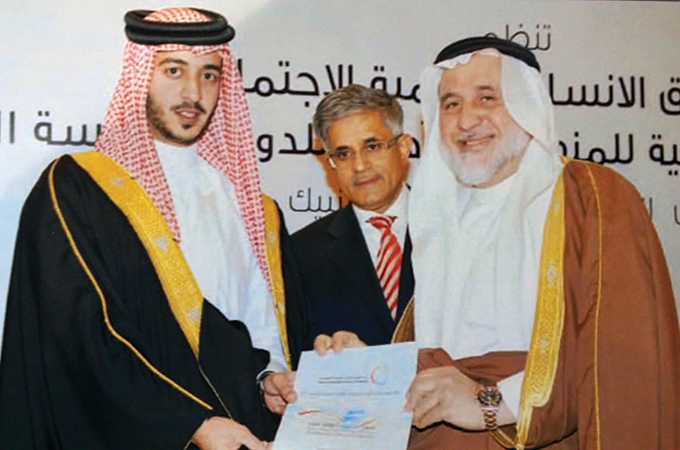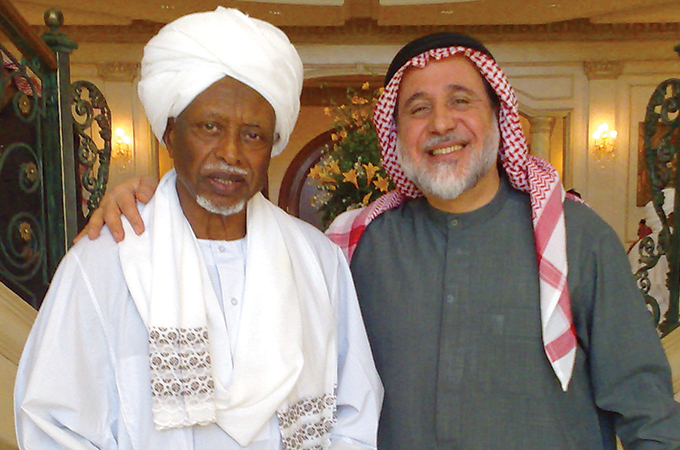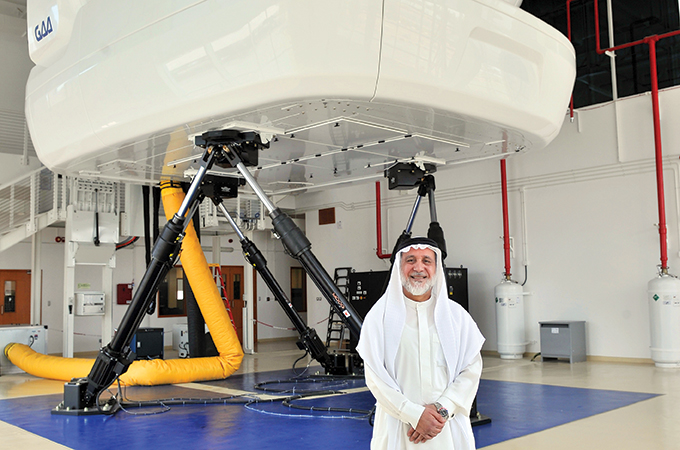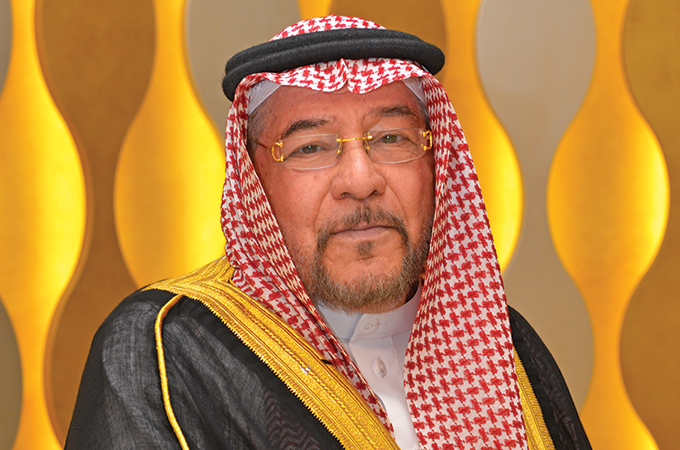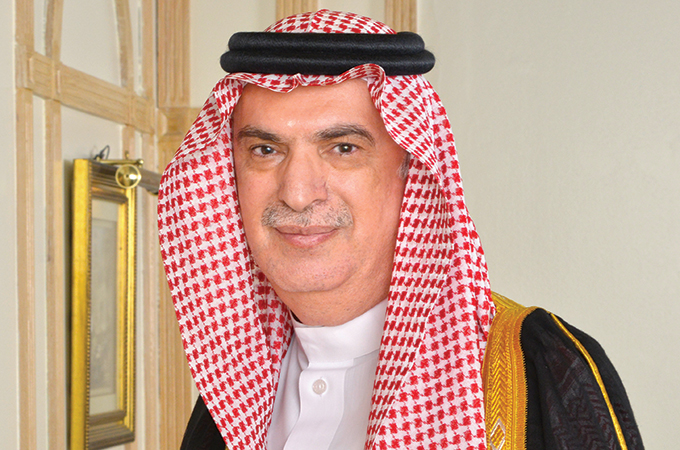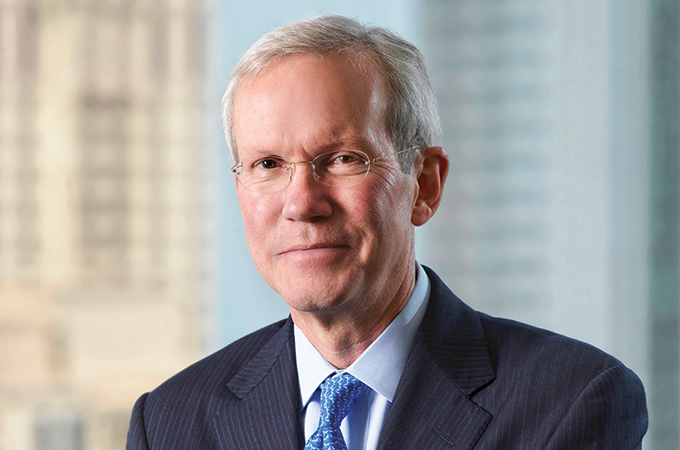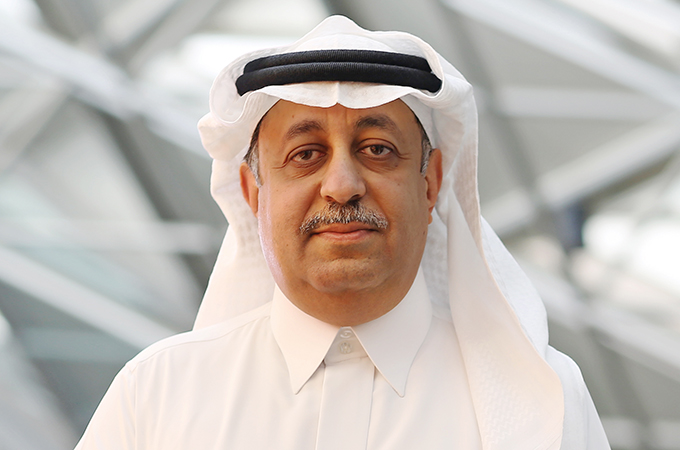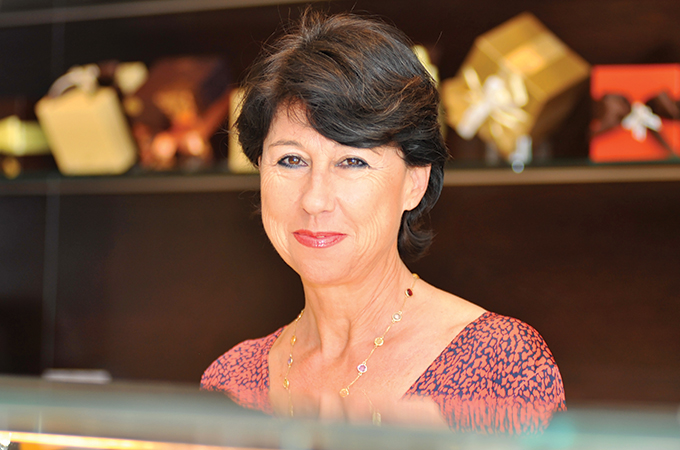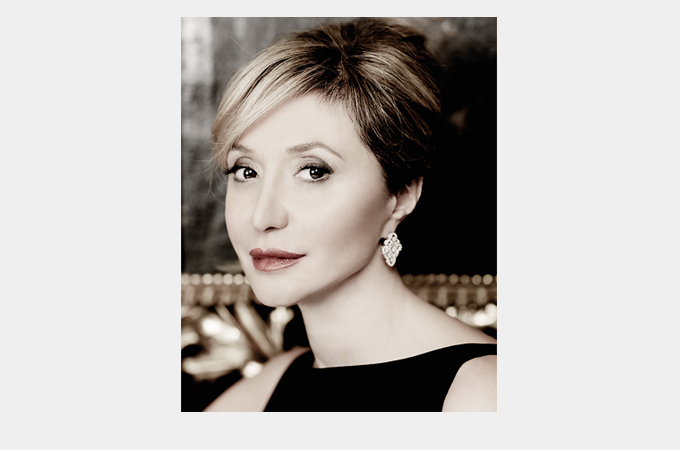Spring 2015
A childhood dream to fly became a lifetime passion for Ishaq Rashed Al-Kooheji, who is now grooming the region’s pilots of tomorrow
Ishaq Rashed Al-Kooheji was born in Bahrain in 1952 and brought up in Muharraq with his five brothers and three sisters close to what is today’s Bahrain International Airport.
Even at a young age, Al-Kooheji was looking at the skies and watching aircraft land and take off from the airport, always dreaming of a career in aviation.
“Our home was on the approach path to the airport and in those days we had no air-conditioners and used to sleep on the roof in summer. I would stare every night into the clear skies from my rooftop before I slept. My ambition was that one day I would be close to those flying machines in whatever capacity was possible,” recalls Al-Kooheji.
Al-Kooheji’s late father Rashid had always wanted young Ishaq to join Bapco and find a position in the oil industry, a common ambition at that time in terms of job security. However, his mother had other ideas and recommended that young Ishaq secured a job in her father’s business. So at the tender age of twelve, Ishaq began a six-year association with the automotive business, starting at BD5 ($13.25) a month working for his grandfather, Mahmoud Abdul Jabbar Al-Kooheji, the founder of the Al-Kooheji business dynasty.
The company’s history dates back to the 1920s when it had developed strong trading interests between Bahrain and India and later benefited from the economic upturn following the discovery of oil in Bahrain in 1932. The Koohejis were one of the first to introduce Vanguard vehicles from the Standard Motor Company and later, British Leyland into Bahrain.
“I worked for my grandfather’s company as a part-timer in the 1960s daily after school and full-time during the school holidays. We were selling motorcycles and cars such as the Standard Vanguard and Triumph and handling spare parts of these models which were popular with British forces at that time,” recalls Al-Kooheji.
“Often I think that there was no childhood at that time having served a six-year sentence in this business where I was making and serving tea, sweeping the floors, cleaning windows, handling the mail delivery, acting as a store keeper and assembling motor cycles. My father tried to get me into Bapco when I was 14 and I went over to Awali for an interview but I was advised by my father’s friend not to leave school,” he continues.
But Al-Kooheji still had his ambition to become a flyer and knew that Bahrain’s aviation industry was continuing to expand. Since the early 1930s, when air services first began in Bahrain, the country has been a natural transit destination for global trading routes and a strategic hub for the northern Gulf. The first scheduled commercial flights were run by Imperial Airways, the forerunner of British Overseas Airways Corporation (BOAC) and later British Airways, which had operated several flights through the Gulf starting in the 1920s.
In 1937, Bahrain’s first passenger terminal was established to facilitate the increase in commercial long-haul flying boats with the country seeing the start of regular services made famous by seaplanes which used a stretch of water between the Marina Club and Mina Salman as the ‘landing strip’.
Al-Kooheji has a distant memory of these lumbering giants landing and taking off in the sea from the early 1950s. The Gulf Aviation Company was formed in 1950, the forerunner of what would become Gulf Air and in which he would play a major role.
Bahrain’s aviation assets were increasing every year with the advent of bigger capacity aircraft and increased passenger payloads. Soon Bahrain was the most modern and advanced airport in the region with a vast airspace covering all the way to Hail in Saudi Arabia in the north and half way south to India over the Arabian Sea, reflecting its growing status as a major transit point between Europe and the Far East.
By the late 1960s, Bahrain’s aviation sector was consolidating its position as a leading regional airport and transit hub. New passenger and engineering facilities were opening and apron areas were being enlarged to welcome the advent of the wide-bodied Boeing 747 and the supersonic Concorde and other aircraft into long-haul services.
“My passion for aviation remained strong and never diminished and when in 1969 my grandfather passed away at the great age of 95, the business was liquidated,” he says. “Suddenly I found that I had no job, but finally, I was free.
He continues: “The age of 17 seemed to be the perfect time as this coincided with achieving my ‘PHD!’ or what I call ‘Pass High School with Difficulty’ and I thought that perhaps I might well be able to fulfil my ambition in aviation. Although I was very much committed to becoming a pilot or at least working in the world of aviation, I joined Bahrain’s Civil Aviation Authority (CAA) as its youngest trainee in the IAL Communications Centre. I wanted to be close to aeroplanes, and see and touch them.”
Al-Kooheji’s recollection is that many fellow Bahrainis had little knowledge of aviation, let alone how to obtain a pilot’s licence. Equally significant for that period was that Bahrain had become an independent nation in 1971. “It therefore seemed logical to me that if Bahrain had become independent then we now had the opportunity as a nation to train our own pilots too.”
“In the first two years I never got closer than 500 m of an aircraft then I moved over to where I could see, touch and feel the planes,” he recalls. “Then I was appointed as Singapore Airlines’ airport manager at Bahrain’s new terminal working inside the planes in the early 1970s, before joining Gulf Air.”
PILOT’S LICENCE
Al-Kooheji never imagined he would become a pilot as such ambitions in the 1960s and 1970s was like dreaming of becoming an astronaut. “This was a time when there were no Bahraini pilots,” he points out. “However, the door was opened during the first oil boom soon after the 1973 Middle East war.”
In June 1975, Al-Kooheji borrowed BD600 ($1,590) from United Bank at Bab-Al-Bahrain, and went to Biggin Hill in Kent and within two months he received his Private Pilots Licence (PPL). “At that time, obtaining a PPL was gold in aviation terms and I recall my British tutor being very helpful in furthering my ambitions at that time,” he says.
In October 1975, Al-Kooheji was selected and sent by Gulf Air with the first batch of cadet pilots to a British Airways College of Air Training in Hamble, Southampton, for two years. Following that, they spent a year in California for jet conversion training and then came back to Bahrain with an Air Transport Pilot Licence (ATPL), the highest level of an airline pilot’s licence.
When Al-Kooheji joined Gulf Air in the 1970s, the airline was in the ascendancy; a golden phase in its history with large fleets of Boeing and Lockheed Tri-Star jets.
His favourite airplane at that time was the Boeing 737. “I would say, ‘if it is not a Boeing, I am not going’. I then flew on the long-haul Lockheed Tri-Star and then received my command as one of the first ten Bahraini Captains,” he says.
FAMILY BUSINESS
Al-Kooheji has managed to balance the responsibilities of a demanding aviation career while dealing with criticism of what he called ‘half-hearted’ contributions to the family business.
“In 1991, after the first Gulf War, the family business was flourishing and my brothers stated that my contribution to the business was insufficient. Since flying was a serious business, it was apparent that I could no longer devote my time to both. I therefore decided to quit my flying career with all its fun but still never gave up my passion for aviation,” he says.
“I put in a decade of hard work helping build the business at the ground level and had to learn to steer the business in a highly competitive Bahrain market. Once again I turned my focus overseas, and became active internationally and achieved wonderful results. At the same time, the RMK Group (RM Kooheji) had diversified from being a sole tyre distributor to trading in a variety of products and sectors,” he continues.
Today, the RMK Group is one of Bahrain’s strong family businesses. “We do all kinds of trading, real estate, and the first-class restaurant business. In addition to the development of freehold affordable housing, we have many good ideas, coming up with solutions for dealing with Bahrain’s housing shortage,” he adds.
PILOT TRAINING
Nevertheless, Al-Kooheji has still continued his strong bonds with the industry as “aviation is still very much in my blood”.
In 2008, Al-Kooheji was appointed as a consultant adviser to the government-owned Bahrain Development Bank (BDB) and the first thing he did was undertake the task of designing a five-year National Pilot Training Programme to train young Bahrainis as future airline pilots, with the co-operation of Gulf Air and Tamkeen.
“We have young intelligent Bahrainis, the BDB has the money, and the airlines guarantee the jobs,” he says. “The concept was simple as Gulf Air and regional airlines were booming and require pilots in large numbers. Moreover, these carriers were ready to give job guarantees to any party who could provide fully trained pilots.”
In June 2013 he was appointed as chairman of the board of directors of the Gulf Aviation Academy (GAA), the state-of-the-art simulator facility next to Bahrain International Airport. A wholly owned subsidiary of the kingdom’s investment arm Bahrain Mumtalakat Holding Company, GAA provides professional flight training, conversion, instruction and certifications for pilots, engineers, air traffic controllers and cabin crew.
“Five years ago the aviation sector raised the alarm on impending pilot shortages worldwide, of almost 400,000 by 2030. Boeing and Airbus build on average one plane every seven days but it takes seven years to train and make a pilot - that is 700 days or two years basic and type rating training, and another five years as a co-pilot before you will be in command of an aircraft.”
As Al-Kooheji puts it: “Training is expensive, but no training will prove more expensive.”
“There is huge demand in the region for pilots, crew and engineering staff. The demand is growing every day particularly with the challenges of supplying various skills for the aviation sector,” Al-Kooheji points out. “There are always opportunities and I very much believe that the GAA can become the centre of excellence for training, human resource development and the development of expertise.”
Al-Kooheji is also thinking ahead in terms of developing a business park for aviation, an aviation museum to reflect what Bahrain has achieved and is also looking to develop private aviation as Bahrain airport looks to expand its facilities and increase capacity.
“There are always opportunities in Bahrain not only to grow our aviation capacity but also as a centre of excellence for training as we look to capitalise on these opportunities to serve the region and internationally,” concludes our Knight of the Skies.



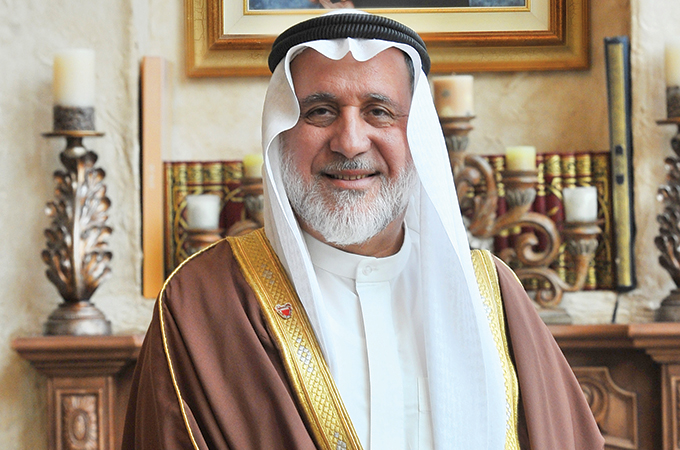
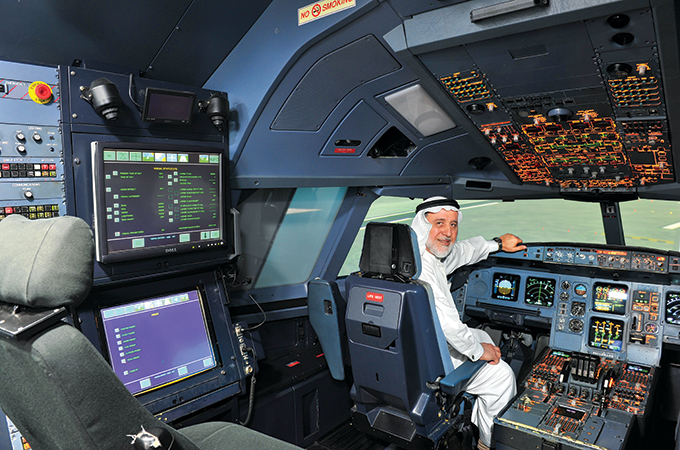
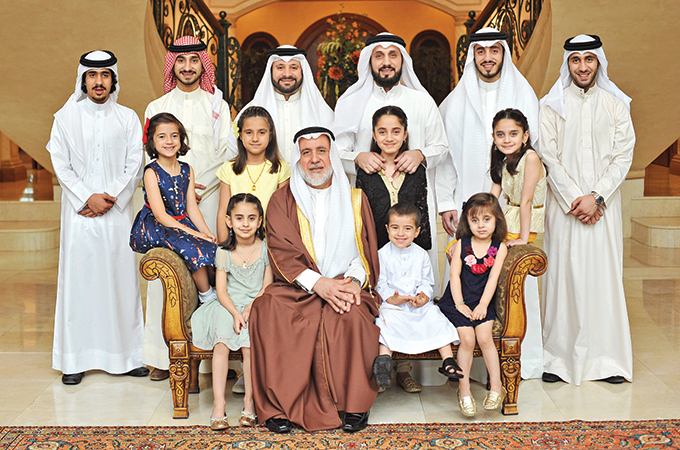
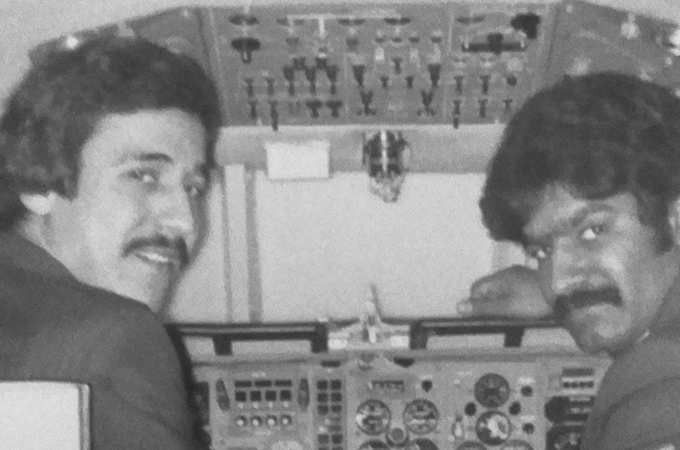
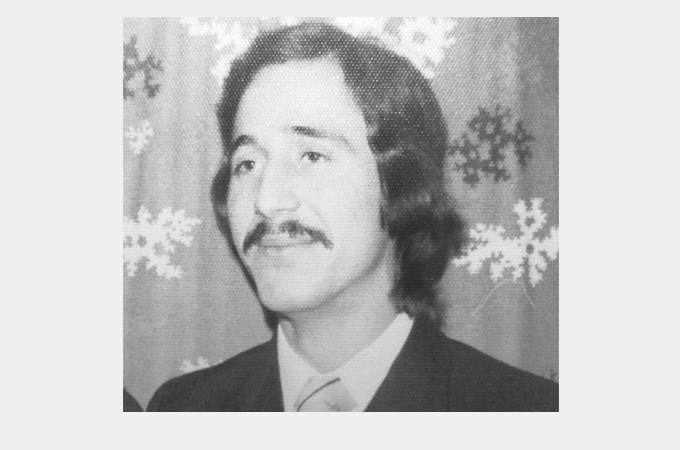
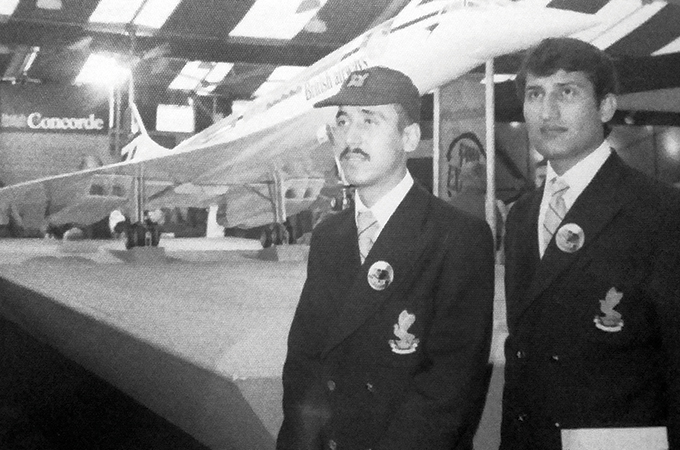
.jpg)
